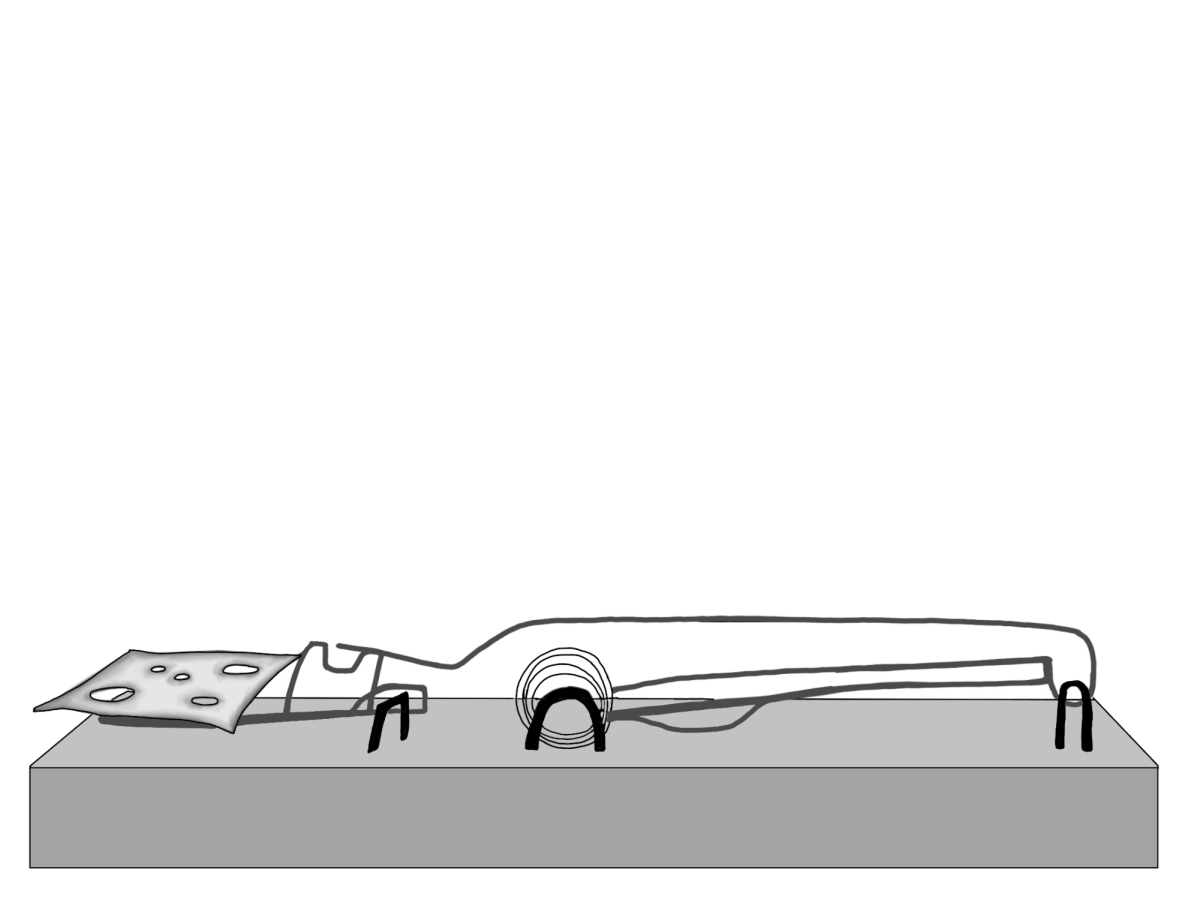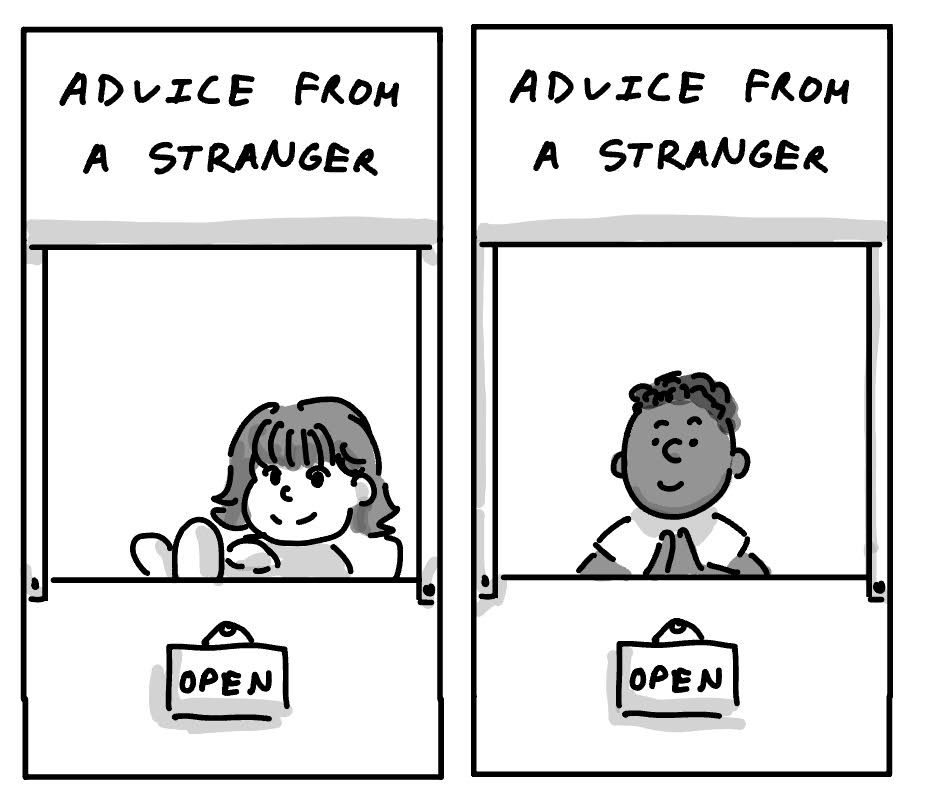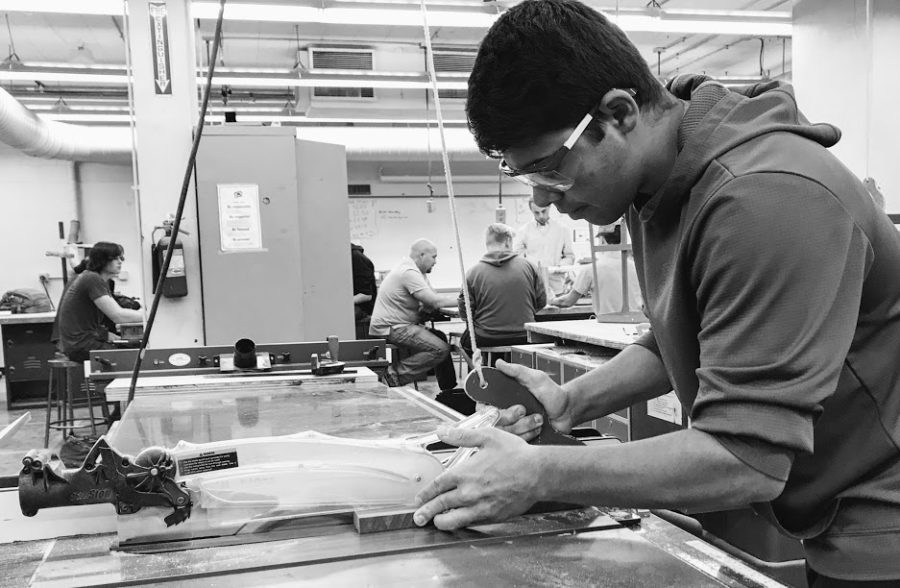Importance of Design and Technology Education at MHS
October 27, 2017
There are countless different electives available at MHS that provide the opportunity to explore various interests. However, there is a category of these classes that has recently become quite noteworthy: Technology Education. What are the benefits of taking these classes?
First of all, a student considering pursuing a job in the trades can benefit greatly from technology education classes. A trade is a labor job that requires manual skills and intricate training, such as a carpenter, electrician, welder, the list goes on.
According to Nicholas Bahr, a technology teacher here, taking classes like woodworking gives you opportunities for scholarships or grants if you are going to apply to a trade school.
“At MHS, the Technology Education program teaches skills in many area, from manufacturing, Power & Energy, Communications [Airbrush, Graphic Arts], and Engineering. These skills, when developed, lead to high paying, in-demand technology jobs such as engineers, designers, architects, etc.,” said Mr. Kitzmann.
In demand is right. The jobs Kitzmann mentioned are just a few trades that are some of the highest paying jobs in America, and oftentimes only require a high school diploma.
Despite this, there continues to be a shortage of employees for these professions now more than ever. Recently, Mike Rowe, TV Star and enormous activist of the Trades, brought up the fact that even though there were 267,000 openings in the construction trades prior to Harvey, the tradesmen and tradeswomen who are going to have to rebuild Houston and Florida are not there. They will have to come from some other part of the country, causing shortages and deficits in the area they leave. Mike Rowe continues to raise awareness about this skills gap, and how college is not the only path people can take.
“I think a trillion dollars of student loans and a massive skills gap are precisely what happens to a society that actively promotes one form of education as the best course for the most people. I think the stigmas and stereotypes that keep so many people from pursuing a truly useful skill begin with the mistaken belief that a four-year degree is somehow superior to all other forms of learning.”
Even if a student isn’t planning to pursue a job in this field, these classes can still have benefits. For example: Allison Pettis, ‘18, save a few bucks by knowing how to troubleshoot a car before spending hundreds at a mechanic.
“Looking on Pinterest, Etsy and other DIY sites like that, you can see where people use the skills they learned outside of school every day in their lives,” Kitzmann said.
Both Mr. Kitzmann and Mr. Bahr had similar suggestions for students to succeed in this class; that students should be ambitious, not be afraid to take chances, have a hard working attitude, and manage their time wisely.
“Everyone can benefit and be successful from Technology Education courses in some way. And FYI these classes are NOT just for boys only. They are for for everyone,” said Kitzmann.
These courses teach skills that are in high demand. The jobs that require them are truly undervalued, and without them, society can not function.






























